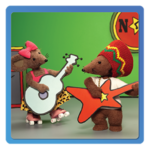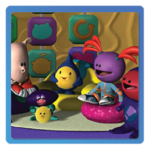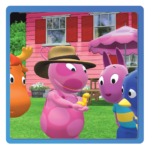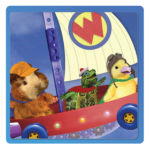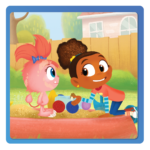Children’s Social-Emotional Wellbeing: Why It Matters
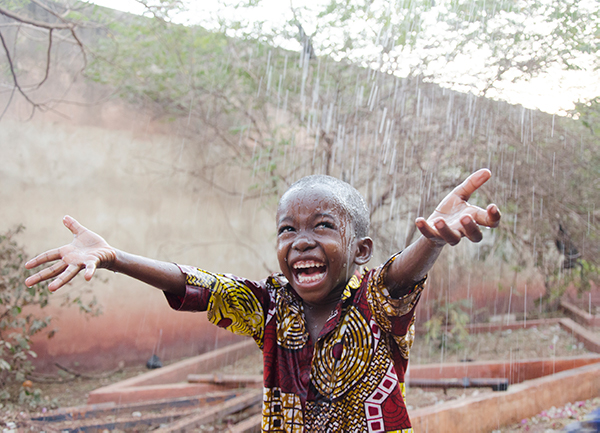
Imagine you are 4 years old and you are given the choice of either eating one sausage now or receiving two sausages if you wait. What would you do?
Picking the one sausage now is known as instant gratification, whereas waiting to receive the two sausages later, is called “delayed gratification” and for kids, this is an important skill of self-management, which is a pillar in social-emotional learning.
As a parent, you probably spend a lot of time doing what’s best for your children. From taking them to good schools to making them eat their vegetables, making sure they brush their teeth, are taking their vitamins, and drinking enough water; you also fiercely protect them. Unknowingly, some parents do so at the sacrifice of their positive social experiences, which is not good for their development.
This is understandable, given we are in a world where academic skills are often viewed as the priority and social-emotional skill development may not always be at the forefront of most parents’ and even teachers’ minds. Did you know that years of research has shown that social-emotional skills are crucial for children to become successful both socially and academically?
According to Psychology Today, there are five core skills that are widely recognized as critical social-emotional skills:
- Self-awareness: the ability to recognize your emotions and understand the links between emotions, thoughts, and behaviors.
- Self-management: the ability to control emotions, thoughts, and behaviors.
- Social awareness: the ability to take other people’s perspectives and demonstrate empathy.
- Relationship skills: the ability to build and maintain healthy relationships.
- Responsible decision making: the ability to make good choices about your behavior and interactions with others.
These are all really important skills we want our children to have! There are also additional benefits of having these skills: that they can help children to persist when faced with challenging tasks; to effectively seek help when they need it; and to be thoughtful in their actions. Importantly, these social-emotional skills can be taught.
At Akili Kids! we believe in the value of introducing and promoting social-emotional learning for children and we do so through many of our programs that have social-emotional storylines and situations.
Our programs provide opportunities to learn and discuss social-emotional topics, such as kindness, respect, friendship, cooperation, and decision making. Here’s a list of the shows that support the development of healthy, happy, and well-balanced children:
When you watch these shows with your children, you can look out for moments where a character has a trait you would like your child to emulate, like honesty, and take a moment to have a conversation with your child about it. Ask a question like: “What did you think of that character’s behavior?” Or give some positive reinforcement of their own traits, like, “That character tells the truth, just like you!’’. It’s a great way to strike up a conversation about values and behaviors with your child.
Keep learning together and look for opportunities to practice these skills. All your efforts will pay off in a big way for years to come as your kids build their confidence, maturity and healthy relationship capabilities, all from developing social-emotional awareness skills.


